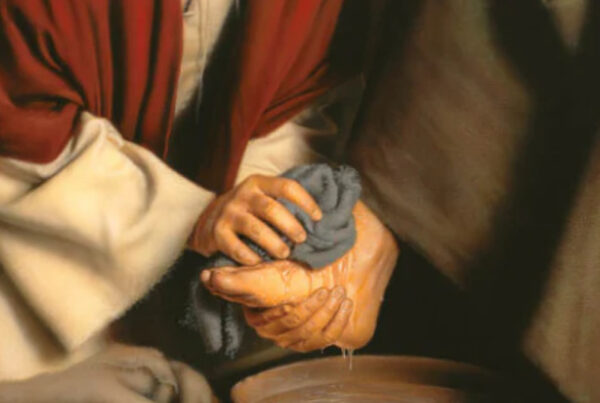Nahum – Day Three
Chapter 3
Woe to the city of blood,
full of lies,
full of plunder,
never without victims!
The crack of whips,
the clatter of wheels,
galloping horses
and jolting chariots!
Charging cavalry,
flashing swords
and glittering spears!
Many casualties,
piles of dead,
bodies without number,
people stumbling over the corpses—
all because of the wanton lust of a prostitute,
alluring, the mistress of sorceries,
who enslaved nations by her prostitution
and peoples by her witchcraft.
“I am against you,” declares the Lord Almighty.
“I will lift your skirts over your face.
I will show the nations your nakedness
and the kingdoms your shame.
I will pelt you with filth,
I will treat you with contempt
and make you a spectacle.
All who see you will flee from you and say,
‘Nineveh is in ruins—who will mourn for her?’
Where can I find anyone to comfort you?”
Are you better than Thebes,
situated on the Nile,
with water around her?
The river was her defense,
the waters her wall.
Cush and Egypt were her boundless strength;
Put and Libya were among her allies.
Yet she was taken captive
and went into exile.
Her infants were dashed to pieces
at every street corner.
Lots were cast for her nobles,
and all her great men were put in chains.
You too will become drunk;
you will go into hiding
and seek refuge from the enemy.
All your fortresses are like fig trees
with their first ripe fruit;
when they are shaken,
the figs fall into the mouth of the eater.
Look at your troops—
they are all weaklings.
The gates of your land
are wide open to your enemies;
fire has consumed the bars of your gates.
Draw water for the siege,
strengthen your defenses!
Work the clay,
tread the mortar,
repair the brickwork!
There the fire will consume you;
the sword will cut you down—
they will devour you like a swarm of locusts.
Multiply like grasshoppers,
multiply like locusts!
You have increased the number of your merchants
till they are more numerous than the stars in the sky,
but like locusts they strip the land
and then fly away.
Your guards are like locusts,
your officials like swarms of locusts
that settle in the walls on a cold day—
but when the sun appears they fly away,
and no one knows where.
King of Assyria, your shepherds slumber;
your nobles lie down to rest.
Your people are scattered on the mountains
with no one to gather them.
Nothing can heal you;
your wound is fatal.
All who hear the news about you
clap their hands at your fall,
for who has not felt
your endless cruelty?
Devotional:
The prophecy of Nineveh’s destruction continues with the numerous offenses that will be righted by this act of justice. Nahum calls Nineveh a city of blood because of their propensity to kill enormous numbers of people in their conquests. He speaks of the conquest of Thebes, a city in Egypt, which despite its numerous allies and defenses could not resist the Assyrian’s attacks. Nahum describes the exile of the people and the slaughter of even the infants of the city. Later in the chapter he charges them with the plundering of their conquests by the Assyrian merchants who would strip the land of all its treasure like a hoard of locusts.
Within the chapter there are also numerous metaphors to describe how Nineveh will be brought low. Its nakedness will be shown to other nations, it will be pelted with filth and there will be no one to show it any sympathy. Finally it states that everyone who hears the news of Nineveh’s fall will clap it hands for all have felt its cruelty. This last verse raises the image of a crowd truly rejoicing at the vanquishing of an enemy. We see this in our life when someone is in a desperate situation – like a child who has fallen into a well – and is rescued safely. Or when a true villain is captured (like the D.C snipers John Allen Muhammad and Lee Boyd Malvo). This kind of rejoicing is sometimes witnessed in a movie theater when the hero finally overcomes the nasty efforts of the villain and the audience breaks out into spontaneous applause. This is the kind of rejoicing that was prophesied for Judah when Nineveh would fall.
Questions to ponder:
- When was the last time you truly rejoiced at some news?
- How did God play a role in that?


